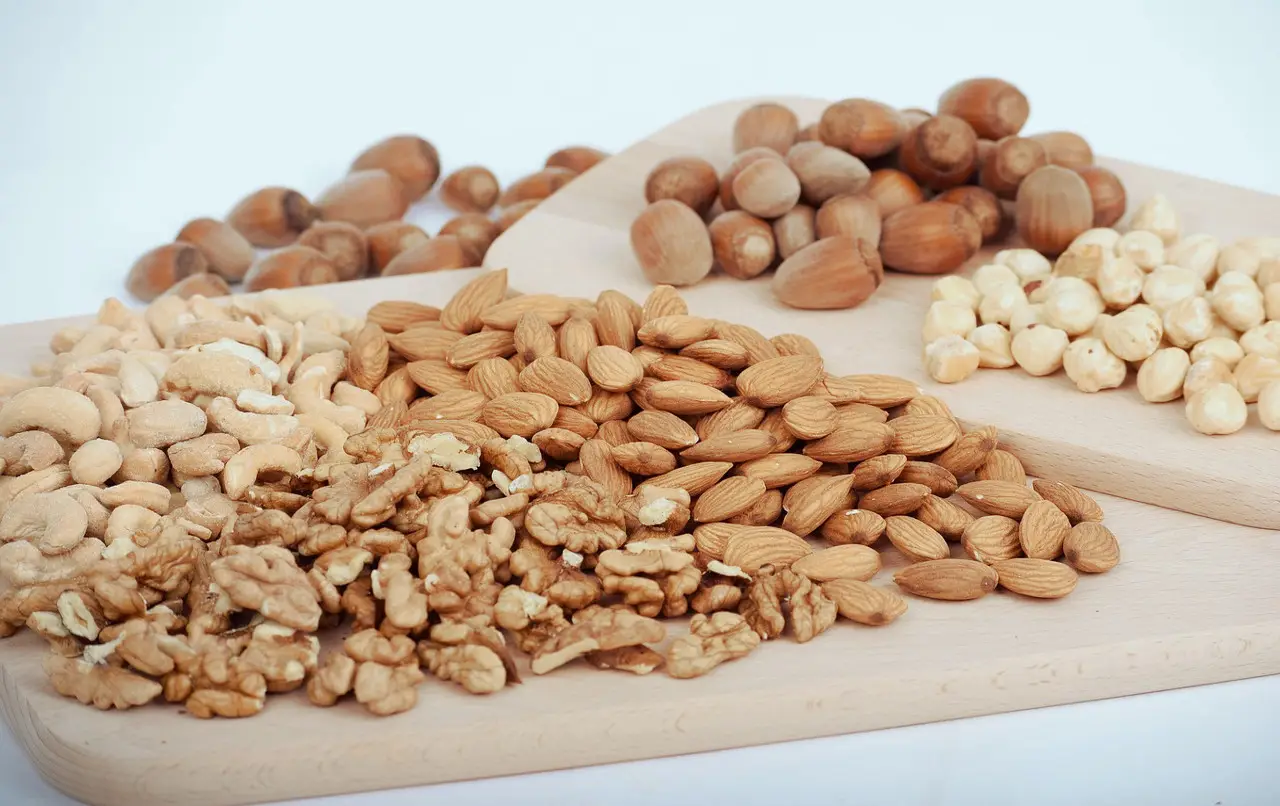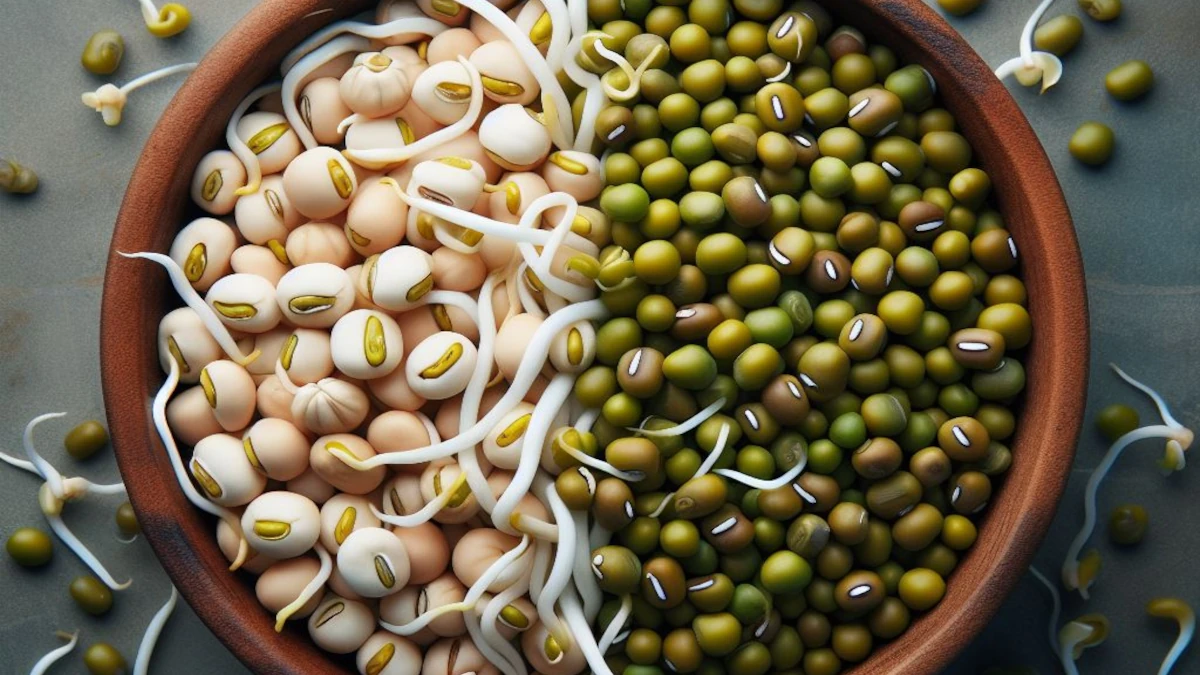Chicken Leg Lysine and Arginine Info Sheet
Overview
Chicken leg is a part of the chicken that consists of the thigh and the drumstick.It is usually cooked with the skin on, which adds flavor and moisture.
Chicken leg is a good source of protein, iron, zinc, and selenium. It also contains some fat, cholesterol, and sodium. It can be baked, roasted, grilled, or fried.
| Name | Lysine (mg/100g) | Arginine (mg/100g) | Ratio |
|---|---|---|---|
| Chicken Leg | 1069.26mg | 817.75mg | 1.307 |
Chicken Leg contains 1069.26mg of Lysine and 817.75mg of Arginine per 100g of product.
This means Chicken Leg has a high Lysine-Arginine ratio of 1.307.
Because Chicken Leg contains slightly more lysine than arginine, increasing its consumption may benefit people who suffer from herpes, as it may boost the immune system.
Lysine Considerations
Chicken leg is a high source of lysine, an essential amino acid that is important for protein synthesis, collagen formation, and calcium absorption.
Lysine has the potential to prevent or treat cold sores, which are blisters caused by the HSV-1 virus, also known as herpes.
Lysine operates by slowing down the proliferation of HSV-1, which relies on another amino acid, arginine, to reproduce and infect cells.
Lysine can only be acquired through our diet, and is present in multiple high-protein foods such as eggs, milk, cheese and yogurt, fish, meat and poultry.
Arginine Considerations
Chicken leg is a high source of arginine, a semi-essential amino acid that is involved in nitric oxide production, wound healing, and immune function.
Arginine has multiple benefits for our health and performance, such as lowering blood pressure, enhancing wound healing, and increasing exercise endurance.
Arginine can also affect the herpes virus, which causes cold sores and genital herpes.
Studies suggest that arginine may help the virus grow and cause outbreaks, so people with herpes may want to avoid foods that are high in arginine or take lysine supplements to block its effects.
Lysine-Arginine Ratio
Chicken leg has a balanced lysine-arginine ratio, which means it can provide both amino acids in adequate amounts for various physiological processes.
Both lysine and arginine are important for protein synthesis and other bodily functions.
The two compounds can affect the herpes simplex virus, which is responsible for cold sores and genital herpes, in opposite ways.
Lysine can your body or stop the virus from reproducing, while arginine can help it propagate.
Eating foods with a high lysine-arginine ratio could help lower the appearance and severity of herpes flare ups.
Some foods that have a high lysine-arginine ratio are dairy, fish, poultry, fruits, and vegetables.
These foods can give the body enough lysine to prevent the virus from taking up arginine, and thus stop its growth and spread.
Dietary Considerations
Poultry is a lean meat that is high in protein and lysine.
Poultry can help slow down or lower the severity of herpes outbreaks, as lysine can slow down the replication of the herpes virus.
Poultry also contains iron, phosphorus, and vitamin B6, which are important for energy production and red blood cell formation.
Chicken and turkey are some of the poultry that have more lysine than arginine, with usually around 30% to 40% more.
Believe it or not, chickens can contract a form of herpes known as Marek's disease.
Fortunately, this virus is exclusive to chickens and does not cross species to humans.
This means that you can eat chicken and poultry without any concerns about herpes transmission.

For instance:
Eating a balanced and nutritious diet that supports your immune system and reduces inflammation.
This means consuming plenty of fruits, vegetables, whole grains, lean protein, and healthy fats, and avoiding processed foods, added sugars, alcohol, and caffeine.
Make sure to drink plenty of water to keep yourself hydrated and eliminate toxins from your body.
Water can also help you avoid dryness and irritation of the skin and mucous membranes, which can lead to outbreaks.
You may want to take l-lysine supplements.
L-lysine is known to prevent herpes outbreaks and it can help stop a cold sore in its initial stages by "starving" the virus of arginine before it has a chance to cause a cold sore.
Taking other food supplements that can improve your immunity and protect your cells from oxidative stress, such as vitamin C, zinc, selenium, and antioxidants.
Eating foods that can soothe your symptoms and speed up your healing process, such as honey, yogurt, aloe vera, and chamomile.
These foods have anti-inflammatory, antiviral, and antibacterial properties that can reduce pain, swelling, and itching, and promote tissue repair.
Check more food information






